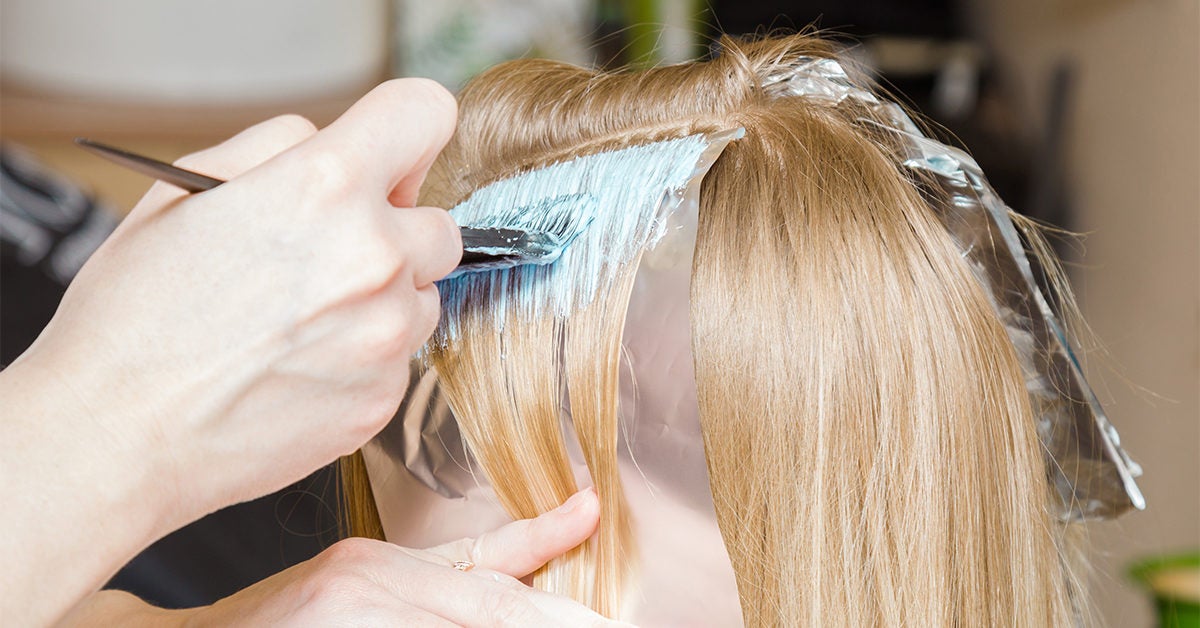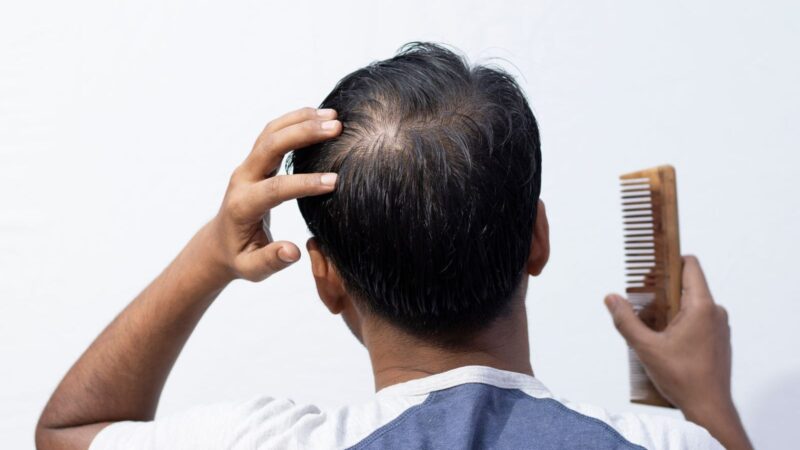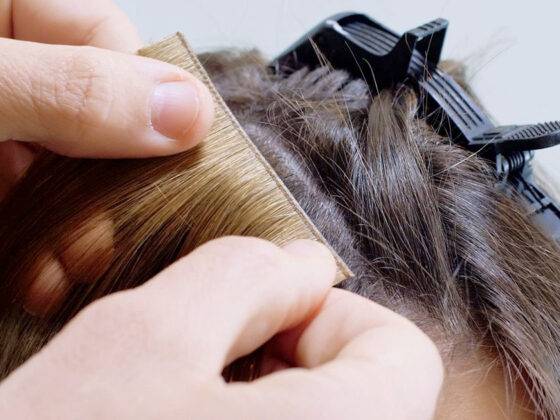Hair loss is a common problem that affects millions of people around the world. While there are many treatments available to help combat hair loss, it is important for those affected to understand what these treatments can do and how they impact their hair loss journey.
This article aims to explore the effectiveness of different treatments and evaluate their real impact on hair loss.
From understanding the science behind regrowth techniques to considering alternatives such as wigs or hats, this article will provide an in-depth look at different approaches to managing hair loss, so readers can make informed decisions about treatment options.
Causes of Hair Loss

Hair loss can be caused by any number of factors, ranging from genetics to lifestyle changes. Some of the most common culprits are hormonal imbalance, medical conditions such as alopecia or thyroid disorders, and medications like chemotherapy drugs or anabolic steroids.
Stress and emotional trauma can also lead to hair loss in some cases. Poor nutrition can also cause hair follicles to become weak and brittle leading to thinning hair or baldness.
Finally, excessive styling products that contain harsh chemicals may damage the scalp and weaken the roots resulting in patchy areas of lost hair.
Bleaching and Hair Fall

However, many people are unaware of the potential risks associated with bleaching their hair, such as an increased risk of hair fall. As bleaching agents strip away natural oils and proteins from strands of hair, this can lead to weakened follicles that may not be able to sustain healthy growth any longer.
In addition, over-bleaching can also cause severe damage if done too often or at incorrect concentrations. These factors can all contribute to higher levels of breakage and thinning even before actual shedding begins.
The best way to avoid these problems is by consulting a professional colorist who will ensure that correct procedures are followed when it comes to coloring your hair safely and effectively.
Additionally, using quality products specifically designed for frequent bleaching sessions is essential to reduce the possibility of weakening strands further or causing permanent damage due to prolonged exposure time or low-quality ingredients in products used during the process.
Does Dye Make a Difference

When it comes to treating hair loss, the use of dyes has become increasingly popular. But does dyeing your hair make a difference? It is important to consider both the potential benefits and drawbacks when considering this treatment option.
On one hand, certain types of dye can provide an effective form of camouflage for thinning hair or bald spots. This may be beneficial for those seeking short-term solutions that help them feel more confident in their appearance while they are actively looking into other treatments.
On the other hand, many experts caution against using chemical-based dyes because they may damage the scalp and ultimately worsen hair loss over time. For some people, using temporary dyes such as semi-permanent colorings or highlights could be a viable solution that offers the desired cosmetic effect without extensive damage to their scalps or strands.
Ultimately, deciding whether dye will have a positive impact on your hair loss journey requires careful consideration and consultation with an experienced professional who can assess your individual needs and goals.
Hair Loss Solutions
Hair loss solutions can range from medical treatments such as topical medications and laser therapy to more natural approaches like dietary supplements or scalp massage. Additionally, for those seeking more permanent solutions, hair transplantation is another option that has become increasingly popular.
Regardless of the solution chosen, individuals need to stay informed about available treatment options and discuss them with their doctor to ensure they have a full understanding of what each entails before choosing which one is best suited for their needs.
Ultimately, it’s important to remember that no two cases are exactly alike so finding the right solution may take some time but is worth doing if it means experiencing positive results in the long run!
Conclusion

Hair loss is an issue that affects many people, but thankfully there are a wide variety of treatments available to help reduce or reverse its effects. From medications to alternative therapies, individuals can find the right treatment for their particular hair loss issues, allowing them to regain their confidence and feel better about themselves.
Although some treatments may not be as effective as others, if used correctly they can have a major impact on improving hair growth and reducing further baldness. Ultimately, it’s important to do your research and consult with your doctor before deciding which type of treatment is best for you to ensure you get the most out of your hair loss journey.


